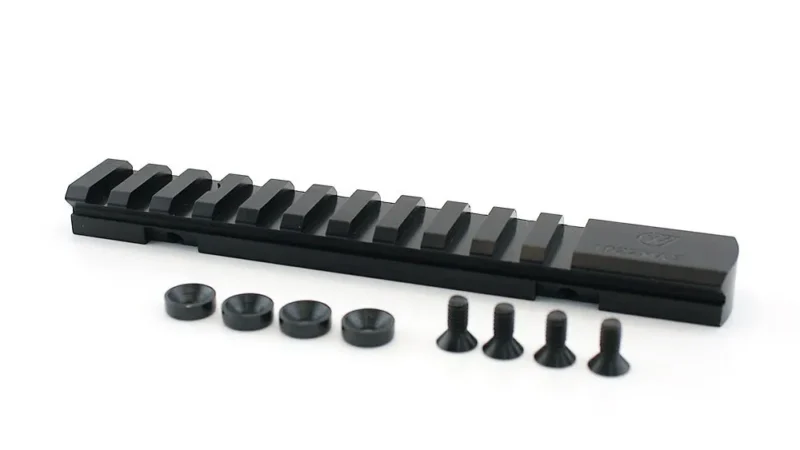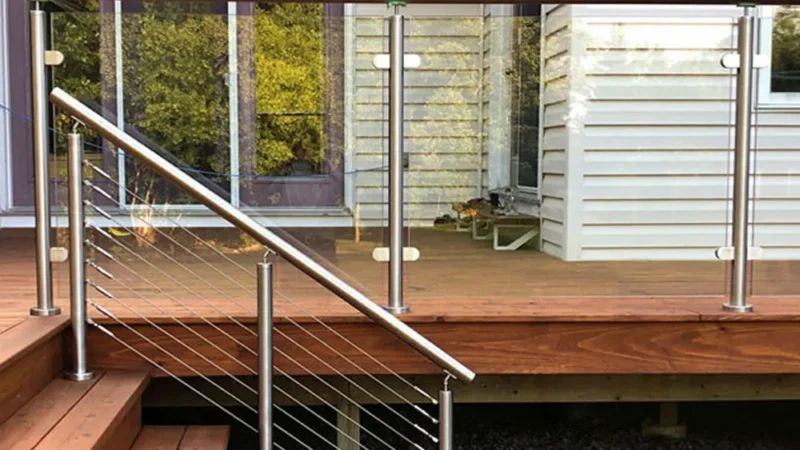The Impact of a Swimming Pool on Your Property Value: A Comprehensive Analysis

Adding a swimming pool to your home can be a tempting idea, especially if you live in a region with a warm climate. Picture yourself lounging by the pool on a sunny day, sipping a refreshing beverage while your children enjoy a swim. It sounds idyllic, doesn’t it? But before you dive headfirst into pool installation, it’s essential to consider the financial implications. Does a pool really add value to your home, or is it just an expensive luxury? In this article, we’ll explore the various aspects of how a swimming pool can impact your property’s value, and for expert guidance, you can reach out to Relief Pools for valuable insights and assistance in making informed decisions about pool installation.
The Allure of a Swimming Pool
Before we delve into the economic aspects, it’s crucial to acknowledge the personal appeal of having a swimming pool, and for expert insights into creating your private oasis, you can explore the services offered by http://www.socalcustompoolsandspas.com/. A pool can provide hours of entertainment, relaxation, and exercise for you and your family. It can be a private oasis where you can unwind after a long day, host memorable poolside gatherings, or simply enjoy the tranquility of the water. SoCal Custom Pools and Spas specializes in creating customized pool experiences to suit your preferences, ensuring that your investment not only adds value to your property but also enhances your overall quality of life.
However, it’s important to strike a balance between personal enjoyment and financial considerations when it comes to adding a pool. Let’s explore whether this investment can translate into increased property value.
The Financial Aspect
The Initial Cost
One of the most significant factors to consider when determining if a pool adds value to your home is the initial cost. Installing a swimming pool can be a substantial investment, with expenses varying widely based on the pool’s size, type, and location.
In-ground pools tend to be more expensive than above-ground ones, and additional features such as landscaping, lighting, and decking can further inflate the price. It’s essential to obtain multiple quotes from reputable pool contractors to ensure you have a realistic estimate of the initial cost.
Operating and Maintenance Costs
Beyond the initial investment, a swimming pool comes with ongoing operating and maintenance expenses. These include water and energy costs, chemical treatments, regular cleaning, and potential repairs. These costs can add up over time and should be factored into your decision.
Local Real Estate Market
The impact of a pool on your home’s value can vary significantly depending on your local real estate market. In some areas, a pool might be considered a must-have feature, especially in warm climates, and can contribute positively to your property’s value. In contrast, in cooler climates or regions where pools are less common, the return on investment (ROI) for a pool may be lower.
Pool Size and Quality
The size and quality of the pool you install can also influence its impact on your home’s value. A well-maintained, high-quality pool with modern features is more likely to appeal to potential buyers and contribute positively to your property’s value. Conversely, a small, outdated, or poorly maintained pool may have a limited impact or even detract from your home’s value.
The Pros of Adding a Pool
Increased Curb Appeal
A well-designed and visually appealing swimming pool can significantly enhance your home’s curb appeal. It can make your property stand out in a competitive real estate market and attract potential buyers. Additionally, a pool can create a luxurious and inviting atmosphere, which can leave a positive impression on visitors.
Enhanced Lifestyle
Beyond financial considerations, a swimming pool can offer you and your family an enhanced lifestyle. It provides a private space for relaxation and recreation, reducing the need to travel to public pools or resorts. A pool can also be a focal point for social gatherings, making your home more inviting to friends and family.
Potential for Higher Sale Price
In regions where pools are highly desirable, adding a swimming pool to your home can potentially lead to a higher sale price. Buyers may be willing to pay a premium for a property with a pool, especially if it’s well-maintained and complements the overall aesthetics of the home.
Additional Considerations to Take Into Account
High Initial and Ongoing Costs
As previously mentioned, the cost of installing and maintaining a pool can be substantial. The initial investment, coupled with ongoing operating and maintenance expenses, can be a financial burden. It’s essential to carefully assess whether these costs align with your budget and long-term financial goals.
Limited ROI in Certain Markets
In some real estate markets, the ROI for a swimming pool may be limited. If pools are not in high demand in your area, you may not recoup the full cost of installation when you sell your home. It’s crucial to research local market trends and consult with real estate professionals to determine the potential impact on your property’s value.
Safety and Liability Concerns
Swimming pools come with safety and liability considerations. You may be required to install safety features such as fences and alarms to comply with local regulations. Additionally, owning a pool increases the risk of accidents and potential legal liabilities, which can affect your homeowners’ insurance rates.
Maintenance and Upkeep
Maintaining a swimming pool requires ongoing effort and investment of time and money. Neglecting proper maintenance can lead to deterioration of the pool and its surroundings, which can negatively impact your property’s value. It’s essential to commit to regular maintenance to ensure the pool remains an attractive feature.
Maximizing the Value of Your Pool
If you’ve decided to add a swimming pool to your property and want to maximize its impact on your home’s value, here are some tips to consider:
- Quality Matters: Invest in a high-quality pool with modern features and materials that are built to last. A well-maintained pool is more likely to add value to your home.
- Professional Installation: Hire reputable pool contractors who can ensure proper installation and adhere to local safety regulations.
- Aesthetics and Landscaping: Surround your pool with attractive landscaping and outdoor living spaces to create an inviting atmosphere.
- Safety Features: Install necessary safety features, such as fences and alarms, to address safety concerns.
- Regular Maintenance: Commit to regular maintenance to keep your pool in excellent condition and prevent deterioration.
- Market Awareness: Stay informed about local real estate market trends and buyer preferences to gauge the potential impact of your pool on your property’s value.
So, does a pool really add value to your home? The answer depends on various factors, including your location, the quality of the pool, and the preferences of potential buyers. While a swimming pool can enhance your lifestyle and increase curb appeal, it also comes with significant costs and responsibilities.
Before deciding to install a pool, carefully assess your budget, local market conditions, and personal preferences. If you’re in a region where pools are in high demand, a well-maintained pool can potentially contribute positively to your property’s value. However, in markets where pools are less common or less desirable, the ROI may be limited.
Ultimately, the decision to add a pool to your home should align with your financial goals and lifestyle priorities. If you choose to move forward, focus on quality, safety, and maintenance to ensure that your pool remains a valuable asset for years to come.






